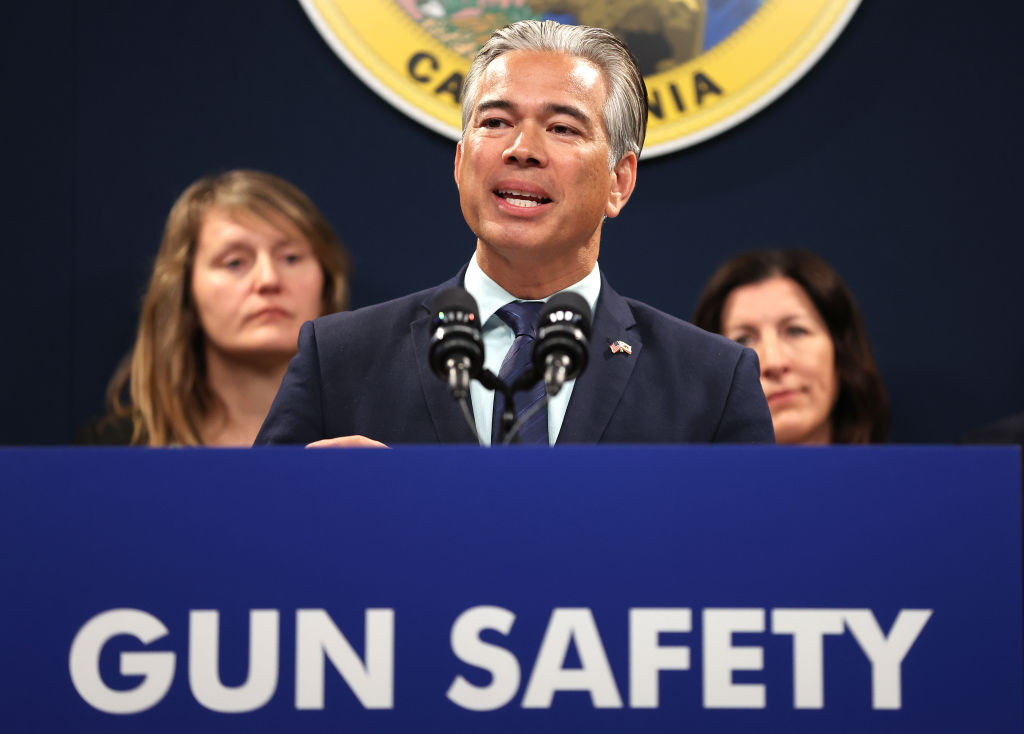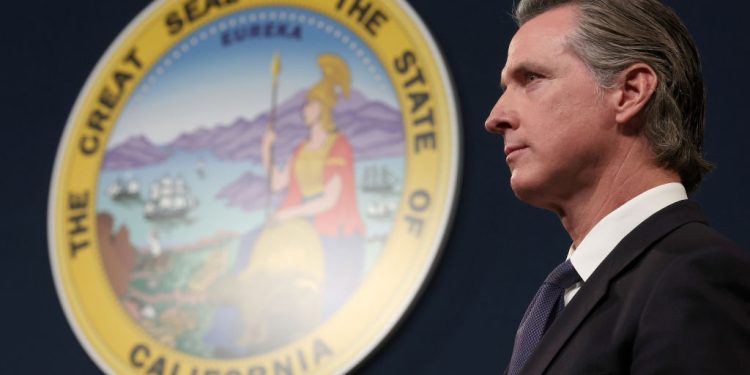On July 15, California Governor Gavin Newsom signed a new bill into law that bans school staff from informing parents about changes in their child’s gender identity without the student’s consent. The legislation, part of a series of bills signed on the same day, prohibits school districts from requiring staff to disclose any information related to a student’s sexual orientation, gender identity, or gender expression without the child’s permission. This law also offers protection for teachers and school staff from retaliation for not informing parents.
In response to this new legislation, Elon Musk announced that he plans to relocate SpaceX headquarters from Hawthorne, California, to Starbase, Texas. Musk criticized the law as the “final straw” and cited it as an example of policies that he believes are harmful to both families and businesses in California.
He expressed his concerns on the social media platform X, stating that he had previously warned Governor Newsom that such laws would drive families and companies out of the state.
And 𝕏 HQ will move to Austin https://t.co/LUDfLEsztj
— Elon Musk (@elonmusk) July 16, 2024
Brandon Richards, a spokesperson for Governor Newsom, defended the new law, stating that it is designed to protect children while maintaining the critical role of parents. According to Richards, the legislation prevents inappropriate intervention in family matters by politicians and school staff and ensures that families have control over when and how to discuss deeply personal issues.
The bill, known as Assembly Bill 1955, has been a point of contention. Supporters, including the Chino Valley Unified and Temecula Valley Unified school districts, argue that parental notification policies can be harmful, labeling them as “forced outing” policies.
Conversely, opponents view these new regulations as “secrecy” policies that keep parents in the dark about important aspects of their children’s lives.
Introduced by Assemblyman Chris Ward (D-San Diego), AB 1955, also known as the Support Academic Futures and Educators for Today’s Youth (SAFETY) Act, was prioritized by California’s Legislative LGBTQ Caucus.
The Assembly passed the bill with a 60–15 vote along party lines. Ward emphasized that discussions about gender identity should remain private family matters.
State Senator Susan Eggman (D-Stockton), chair of the Legislative LGBTQ Caucus, praised the bill’s passage, affirming California’s commitment to being a safe haven for LGBTQ+ youth. The bill codifies existing California Department of Education guidance, which suggests that the decision to inform parents about a child’s gender identity change should be left to the student.
However, the bill has faced significant opposition. Assemblyman Bill Essayli (R-Corona) condemned it as “immoral and unconstitutional,” arguing that it endangers children and infringes on parental rights. Essayli, who authored a competing bill that would have required parental notification of gender identity changes, noted that his bill was blocked in committee.
Legal challenges to similar policies are already underway.
California Attorney General Rob Bonta successfully obtained a preliminary injunction in October 2023, preventing the Chino Valley Unified School District from enforcing its parental notification policy.

Meanwhile, a federal case, Mirabelli v. Olson, involves two teachers from Escondido Unified School District who were suspended for refusing to withhold information about students’ gender transitions from their parents. A federal judge granted a preliminary injunction, allowing the teachers to return to work and ruling that policies excluding parents violate constitutional rights.
Erin Friday, an attorney and parent, criticized AB 1955, claiming it undermines the parent-child bond. She stressed the importance of parents being aware of their children’s struggles with gender dysphoria, a condition recognized in the Diagnostic and Statistical Manual of Mental Disorders.
The Liberty Justice Center, representing the Chino Valley Unified School District and several parents, filed a lawsuit on the same day the bill was signed into law. The Center argued that school officials should not have the right to keep such significant information from parents.






